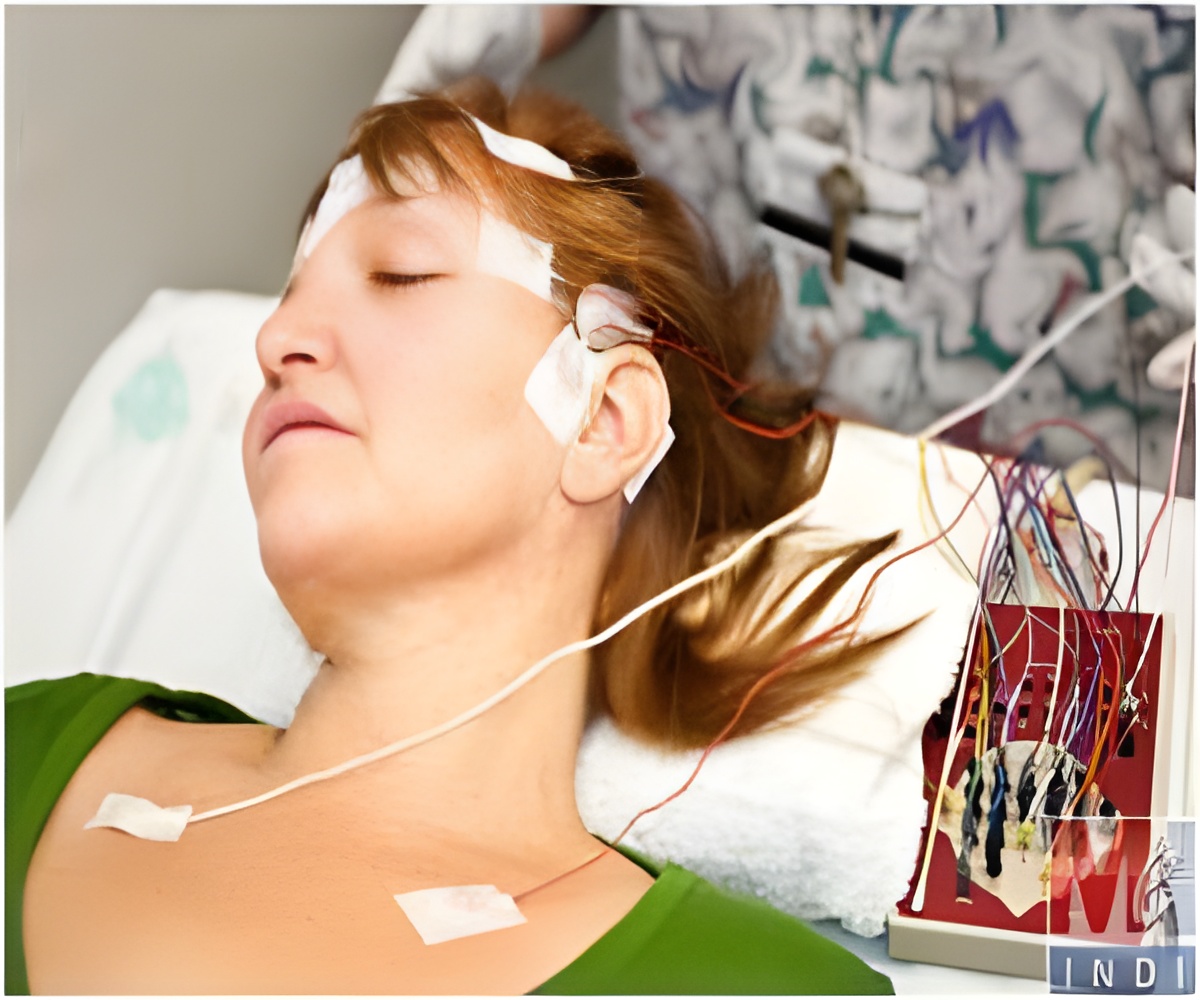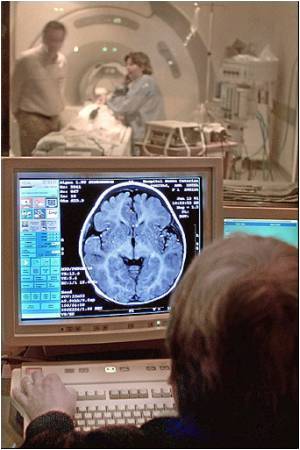
"Stroke is a disease that can affect many aspects of a patient's life" explains co-author Dr Asa Franzen-Dahlin, a nurse researcher from the hospital's Department of Internal Medicine. "Physical problems are easy to identify, but personality changes and cognitive decline – a reduction in the ability to think, concentrate, formulate ideas, reason and remember – are often only noticeable to those closest to the patient."
Key findings included:
- Response rates were 50% in the stroke group and 40% in the TIA group. Older patients were more likely to complete the questionnaire and were an average of three years older than the stroke patients who did not take part and five years older than the TIA patients who did not take part.
- The stroke patients (50% men) ranged from 34 to 93 years, with an average age of 73, and the TIA patients (52% men) ranged from 42 to 94 years, with an average age of 77. Average time between onset and completion of the questionnaire was eight weeks in the stroke patients and six weeks in the TIA patients.
- Male stroke and TIA patients tended to be younger than female stroke and TIA patients (72 versus 75 years and 76 versus 78 years respectively). Advertisement
- Women stroke patients were significantly more affected in five of the six quality of life domains – emotion, sleep, energy, pain and mobility - than men. The only exception was social domain. When it came to specific problem areas, men reported more issues with sex than women (34% v 19%). Women reported more problems with housekeeping (56% v 36%) and social areas (33% v 22%) than men.
- Female TIA patients were significantly more affected in all quality of life domains than male TIA patients. When it came to specific problem areas, women had more issues with housekeeping (48% v 20%), social (33% v 8%), family (13% v 0%) and leisure time areas (42% v 23%). Advertisement
- Male stroke patients were significantly more affected in certain domains than male TIA patients (total domain, plus emotional, energy and social domains), but there were no significant differences between female stroke and TIA patients.
"Our study shows that female stroke patients are more affected than male stroke patients when it comes to quality of life" concludes co-author Dr Ann Charlotte Laska from the Division of Internal Medicine.
"It also shows that female TIA patients are as badly affected when it comes to quality of life as female stroke patients and need the same level of support after they are discharged from hospital."
Source-Eurekalert














